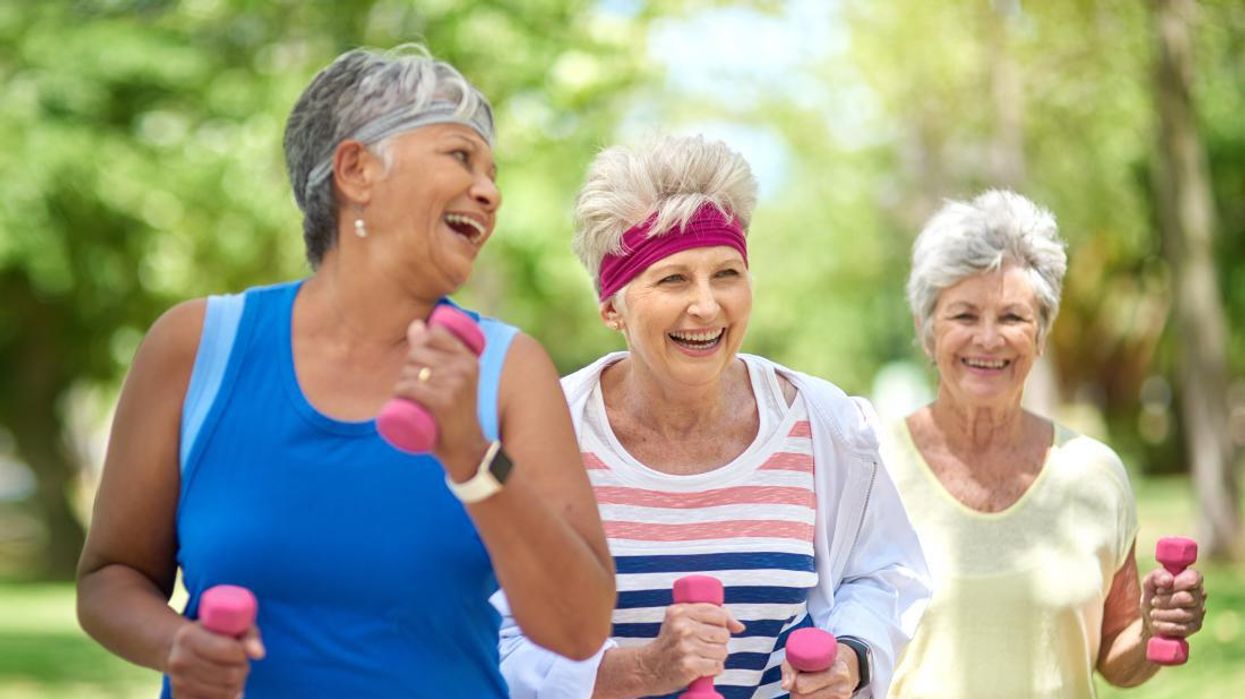A sleeping position could cut your chance of developing dementia.
According to sleep expert Narwan Amini, sleeping on your side helps the brain and supports your spine, and dementia is not the only condition it might help reduce the risk of.
He told the Sun: “Sleeping on your side has been found to be the most beneficial position for your brain, with the position helping your brain to clear out interstitial waste faster than other positions.
“This leads to multiple benefits including potentially reducing the risk of developing neurological diseases such as Parkinson’s or Alzheimer’s.”
Sign up to our free Indy100 weekly newsletter
Researchers at Stony Brook University also found sleeping on your side is the most efficient at removing brain waste.
Dr. Helene Benveniste said: “It is interesting that the lateral sleep position is already the most popular in humans and most animals – even in the wild – and it appears that we have adapted the lateral sleep position to most efficiently clear our brain of the metabolic waste products that built up while we are awake.
“The study, therefore, adds further support to the concept that sleep subserves a distinct biological function of sleep and that is to ‘clean up’ the mess that accumulates while we are awake.
“Many types of dementia are linked to sleep disturbances, including difficulties in falling asleep.
“It is increasingly acknowledged that these sleep disturbances may accelerate memory loss in Alzheimer’s disease.
“Our finding brings new insight into this topic by showing it is also important what position you sleep in.”
Dementia affects one in six people over the age of 80 and it is thought that around 850,000 people in total are suffering in the UK alone. Another recent study found that having two or more chronic health problems in middle age more than doubles the risk of developing it.
Meanwhile, in other sleep news - experts from eachnight.com also said sleeping on your stomach is the worst overall position for health because it can lead to strained muscles and joints, stiffness, back and neck pain.
Have your say in our news democracy. Click the upvote icon at the top of the page to help raise this article through the indy100 rankings.














